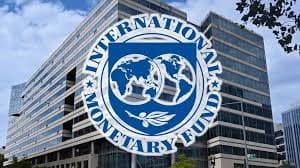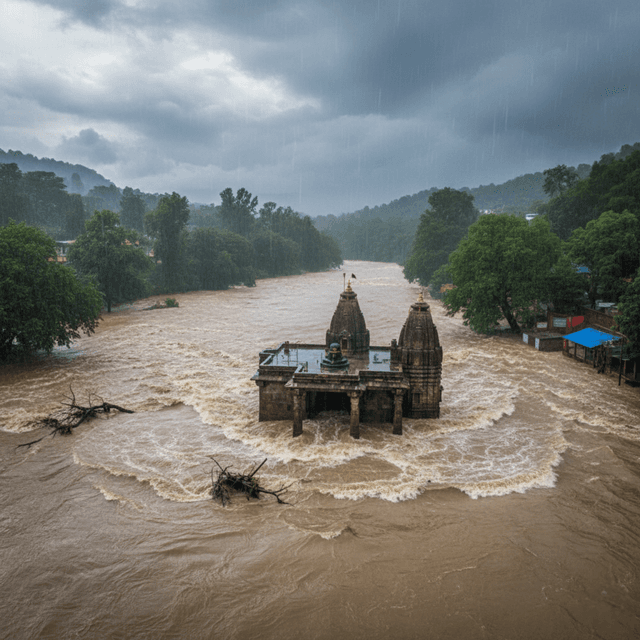Treasury Secretary Scott Bessent's Chief of Staff, Dan Katz, is lto take a high-ranking position at the International Monetary Fund (IMF).

David Kats, a former senior fellow at the Manhattan Institute, is set to become the first deputy managing director at the IMF, making him the most senior American in the organisation.
Kristalina Georgieva has been serving as Managing Director of the International Monetary Fund since October 1, 2019. She began her second term on October 1, 2024.
About the IMF
The IMF is a global organization that works to achieve sustainable growth and prosperity for all of its 191 member countries. It does so by supporting economic policies that promote financial stability and monetary cooperation, which are essential to increase productivity, job creation, and economic well-being. The IMF is governed by and accountable to its member countries.
Facts:
The IMF is governed by and accountable to 191 countries that make up its near-global membership.
The IMF was founded by 44 member countries that sought to build a framework for economic cooperation.
The IMF was established in 1944 in the aftermath of the Great Depression of the 1930s.
What does the IMF do?
The IMF fosters international financial stability by offering:
1.POLICY ADVICE
How is the IMF organized?
At the top of its organizational structure is the Board of Governors, consisting of one governor (usually the minister of finance or the governor of the central bank) and one alternate governor from each member country. All powers of the IMF are vested in the Board of Governors. The day-to-day work of the IMF is overseen by its 25-member Executive Board, which represents the entire membership and is supported by IMF staff. The Managing Director is the head of the IMF staff and Chair of the Executive Board and is assisted by four Deputy Managing Directors. The IMF has 18 departments that carry out its country, policy, analytical, and technical work.
On which issues does the IMF focus?
1. Trade
How is the IMF financed?
The IMF's resources mainly come from the money that countries pay as their capital subscription (quotas) when they become members. Each member of the IMF is assigned a quota, based broadly on its relative position in the world economy. Countries can then borrow from this pool when they fall into financial difficulty.
What kind of research does the IMF do?
Economic research is a core activity at the IMF and is dedicated to fostering a deeper understanding of the global economy by analyzing economic trends, challenges, and their implications for both individual countries and the international community. IMF research covers a broad spectrum of macroeconomic and financial issues, including exchange rates, fiscal policy, monetary policy, and global financial stability.








